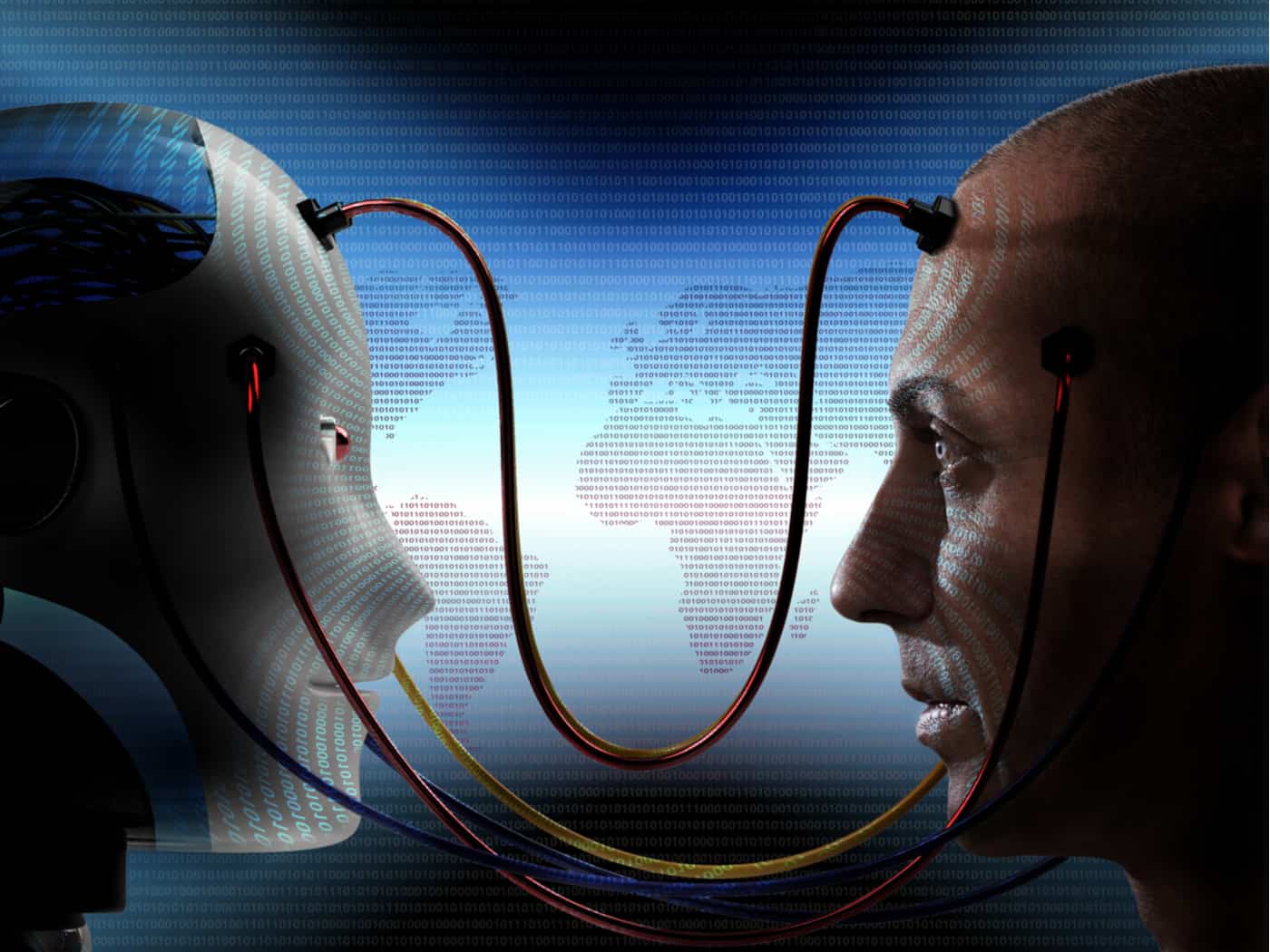The State of Artificial Intelligence: Innovations, Trends and the Future
Here’s a look at some of the latest breakthroughs and trends in artificial intelligence and what they indicate about where AI is heading.

Expanding at a compound annual growth rate of 57.2 percent, the artificial intelligence (AI) market will be worth a projected $58.975 billion by 2025, according to Grand View Research projections. The growing technological capability of AI, coupled with the integration of AI and big data, is drawing new players to the market, as well as attracting investments from tech giants. Here’s a look at some of the latest breakthroughs and trends in artificial intelligence and what they indicate about where AI is heading.
Get the Best Updates on SaaS, Tech, and AI
On-device AI
One of the most important recent innovations in artificial intelligence is the emergence of on-device AI. Traditionally, AI required such a large amount of computing power that it could only be run on a suitable PC or by tapping into remote cloud resources. For mobile users, dependence on the cloud slowed down applications as they wait for data transmissions, limiting the usefulness of AI.
Recently, however, smartphone component manufacturers have been increasing mobile device processing speed in order to handle AI and other cutting-edge innovations such as 5G networks and virtual reality. For instance, the Qualcomm Artificial Intelligence platform is fast enough to handle on-device AI without relying on the cloud. This empowers smartphones to run AI-dependent applications such as optimizing battery performance, smart camera focusing for perfect pictures, immersive VR and AR that automatically adjusts to the user’s movements and biometric security authentication.
AI Image Recognition
On-device AI is already transforming the smartphone market by enabling powerful on-device image recognition applications. An on-device neural engine is one of the signature features of the iPhone X, which Apple CEO Tim Cook predicts will set technology trends for the next decade. The device’s neural engine supports image recognition applications, allowing the user to unlock their phone with facial recognition, as well as enabling users to transform their facial expressions into animated emoji.
Image recognition is one of the most important current trends in AI, says Marketing Insider Group CEO, Michael Brenner. The technology will enable market researchers to scan social media to see what images are trending and how they correlate with target demographics, Brenner anticipates. Another important emerging AI image recognition applications include the ability to mine social media images without relying on verbal keywords and tags, the ability to organize images stored on multiple platforms by using a single indexing system and the ability to scan for objects in video streams.
AI Conversational Systems
Another major area of AI innovation is the development of machine-human conversational systems. Consumers have already been introduced to AI conversations through intelligent personal assistants such as Alexa, chatbots and interactive voice response systems that can process human speech over the phone. As AI becomes better at processing natural speech, marketing will increasingly be mediated by conversational systems that will adapt content to user speech input, revolutionizing content marketing.
As part of this development, conversations will also broaden beyond voice interactions and visual screens to include the sense of touch for a more fully immersive ritual reality experience, predicts Gartner. For example, Cornell researchers have developed a VR game control device called the Omnipulse which simulates the sense of touch by using a grip with a synthetic skin covering filled with compressed air supplied by pneumatic tubes. When the user performs a gaming action, the tubes release air into the Omnipulse’s pockets to duplicate the feeling of the action. Combining this type of technology with VR and AI has the potential to create fully-immersive, multi-modal conversations between humans and machines.
On-device AI, AI image recognition and AI conversational systems are three of the foremost technologies in the emerging AI revolution. As these and other AI-based technologies continue to develop and improve, artificial intelligence will increasingly permeate every aspect of the Internet of Things, transforming the nature of the business, consumer experience, and society.
FTC Disclosure: The pages you visit may have external affiliate links that may result in me getting a commission if you decide to buy the mentioned product. It gives a little encouragement to a smaller content creator like myself.


